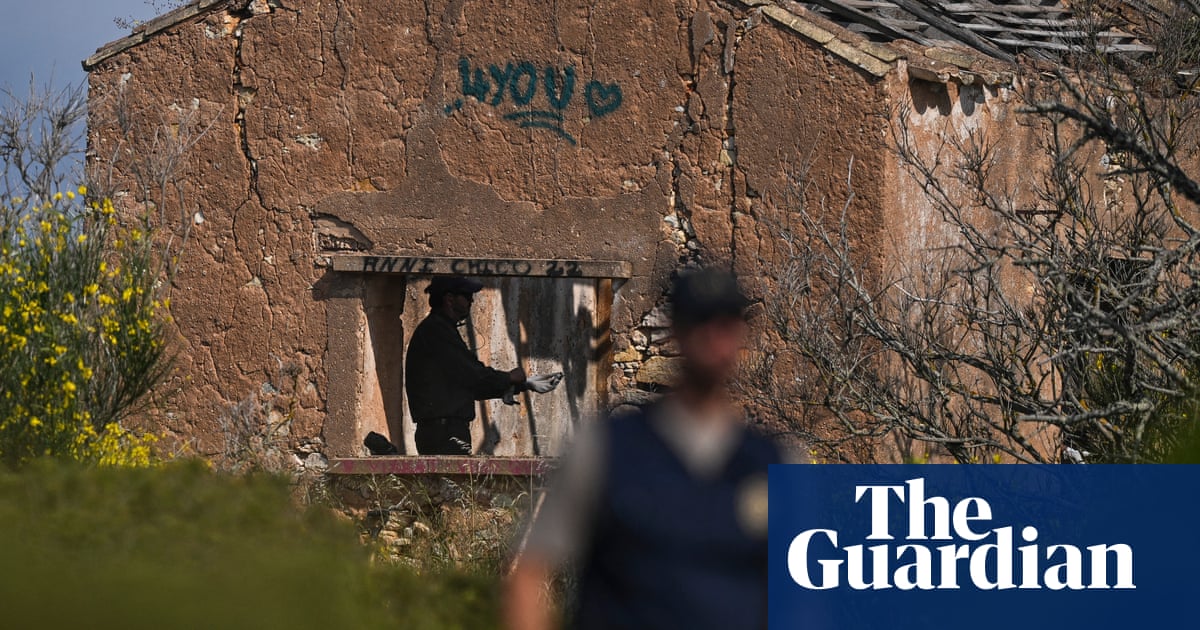Mexico’s president Claudia Sheinbaum has defended the country’s unprecedented judicial elections after just 13% of Mexicans turned out to vote, a record low in a federal election.
Roughly 2,600 posts, from local magistrates to supreme court justices, were up for grabs on Sunday, as an entire judicial system was put to the vote for the first time in the world.
Despite the low turnout, Sheinbaum described the process as “a complete success”, adding: “Mexico is the most democratic country in the world.”
The vote was the result of a radical reform by the governing Morena party, which said it would reduce corruption and impunity in the judicial system by making it more responsive to popular opinion.
But the concept was challenged by critics who said it would bulldoze the separation of powers and could flood the judicial system with candidates who were under-qualified and aligned with political interests.
The National Electoral Institute had to design and implement the unprecedented and seismically important election in a matter of months.
Given the sheer number of positions and candidates involved, critics had warned that a low turnout was likely. Parts of the opposition also called for a boycott.
Still, the estimated 13% turnout is far below the more than 60% that tends to turn out for presidential elections, and also lower than any other federal vote in Mexico’s democratic history.
Once blank and spoiled ballots are taken into account, the effective vote could be still lower.
The opposition, which has been unable to find a response to Morena’s electoral machine since former president Andrés Manuel López Obrador first led it to power in 2018, seized on the low turnout to criticise the reform.
“As we said from the beginning: the election of the judiciary was an absolute failure,” said Ricardo Anaya, a former presidential candidate from the conservative PAN party.
“What we saw was a simulation, a fraud and a mess. Empty ballot boxes, ballots marked prematurely, and citizens who did not even know who they were voting for. This is not democracy. It is an insult.”
However, there is no minimum turnout required to formally legitimise an election in Mexico.
The vote count is expected to be protracted, and results will drip in over the next two weeks.
Low turnout favours the clientelistic vote, and there was evidence of illegal party interference in the elections through the distribution of cheat sheets largely with the names of the government’s favoured candidates.
Many of these sheets focused on the supreme court, which has often acted as a check on Morena’s executive power, and a new disciplinary tribune, which will keep judges in line.
Other interests – including organised crime groups – may also have managed to place their own favoured candidates by mobilising voters.
Over the coming weeks, experts will scrutinise the results to discern which interests have emerged with more and less influence in Mexico’s courts.
The new judges will take their seats in a transformed judicial system in September.
“Yesterday’s turnout at the polls met expectations,” said Sheinbaum. “It was an innovative process that generated interest among the participants.”
“Everything can be perfected,” added Sheinbaum, looking ahead to the second round of judicial elections in which another 1,000 judges will be chosen. “We will draw conclusions from yesterday to make improvements for 2027.”

 1 day ago
50
1 day ago
50

















































